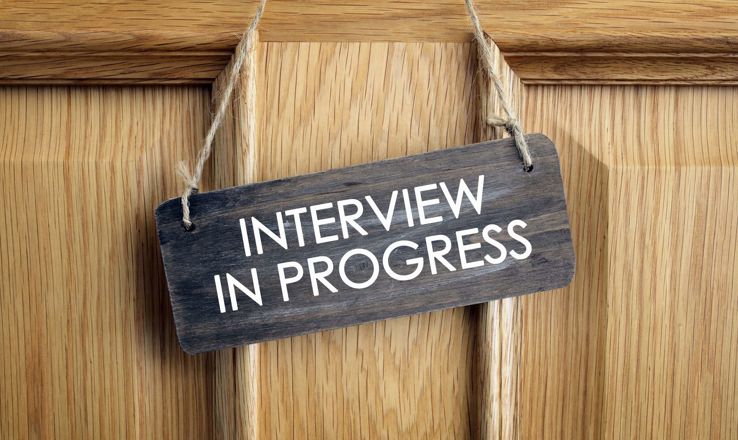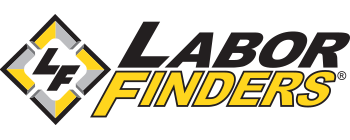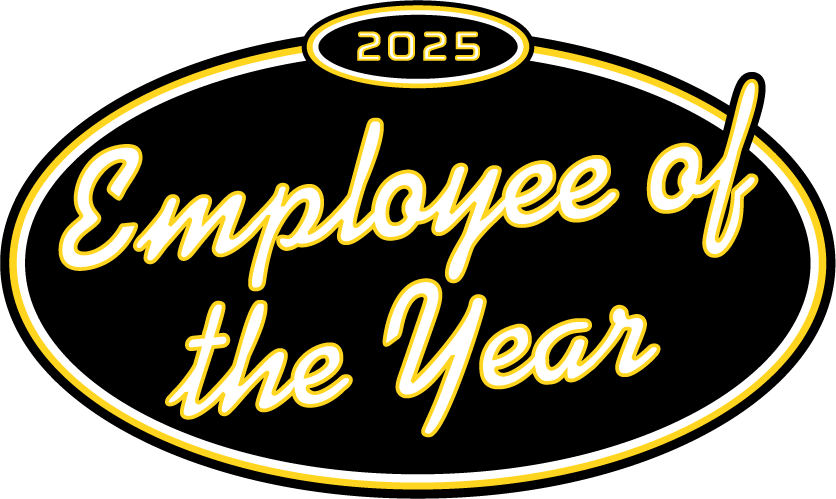-
Job Seekers
X
Job Seekers
Whether you're looking for a temp job or a permanent career, Labor Finders has you covered!
-
Explore
- How it works
- Industries
- Blog
- Locations
- Job Search
You May Also Be Interested In

2025 Employee of the Year
Learn more about our amazing Employee of the Year
-
-
Employers
X
Employers
Let us help you find the workers you need, when you need them.
You May Also Be Interested In
-
Industries
X
Employer Industries
Ready to staff your next project? Our staffing experts has the knowledge and the workers to cater to your unique staffing needs.
In this Section:
Job Seeker Industries
From construction to waste management, we have job openings in whatever industry you’re interested in.
In this Section:
-
About
X
About You
Getting matched to the right job, gaining the flexibility you want, making an impact in your community - at Labor Finders, it’s all about you!
-
You may also be interested in
- About Us
- Job Search Results
- Find an Office
- How it works
- Blog
About Us
With almost 200 offices nationwide, we’ve been putting people back to work for over 40 years. See why we’re a leader in the blue-collar staffing industry.
-
You may also be interested in
- About Us
- Media Center
- Video Library
- Leadership Team
- Careers
- In The Community
- History
-
- Location
Employment Readiness
6 Things Job Seekers Often Forget to Do

For job seekers, job searching is a long and stressful task but it can be life changing also. The littlest details make the biggest difference. Candidates only have one chance to show the company that they are the best choice for the position. It can be hard to remember everything to do, but these are the ones most people forget.
Research the Company
In a bad job market, the company a candidate works for may not matter much. The problem is the company wants to matter to the candidate and cannot be just a stop-off in a long line of interviews. They want to know what the candidate can offer the company and how they fit in with the ethics of the business. Early dedication and prior knowledge of the company goes a long way.
Update Your Resume
Ideally, a candidate should update his resume for every position at every company he applied for. Unfortunately, there is not always time for that. At best, the candidate can create a resume for each of the positions he is trying to attain. This is the time to list new achievements and education and explain gaps in work history. It also does not hurt to research new trends in resume format that current hiring managers prefer.
Relax
Meeting hiring managers, supervisors, and potential coworkers is scary. However, being tense shows employers that the candidate does not do well under pressure. Leaving an impression with employers is one of the most important factors of an interview, but candidates must make sure it is a relaxed and happy impression rather than a feeling of tension and negativity.
Call Back (or Do it Too Much)
Ask when you can expect a call back after the interview concludes. Never call back before that time. The best time to check back is two or three days afterwards, but do call back. It shows continued interest in the position. Calling back too much shows desperation and that the candidate has no other prospects because no one else will hire him. Unnecessary phone calls waste company time. This might reflect how the candidate works.
Ask Questions
It is not just about asking questions, but about asking the right questions. Never ask about pay. Rather, turn the interviewer's questions around. Where do you see the person in this position in five years? What is the company looking for in the person they hire? Bring a list of questions to ask and take notes. If the questions can come up during the interview, be sure to ask them.
Thank the Interviewer
This is the most common thing people forget to do after an interview. Thank the interviewer right after the meeting and shake his hand. Then, send an email or a thank-you card personally addressed to the person who interviewed you. If it was multiple people, send multiple cards/emails. An email is more professional but a card is more personal. Determine which you think would be best by the atmosphere of the company and the interview. Never call to thank the interviewer.













